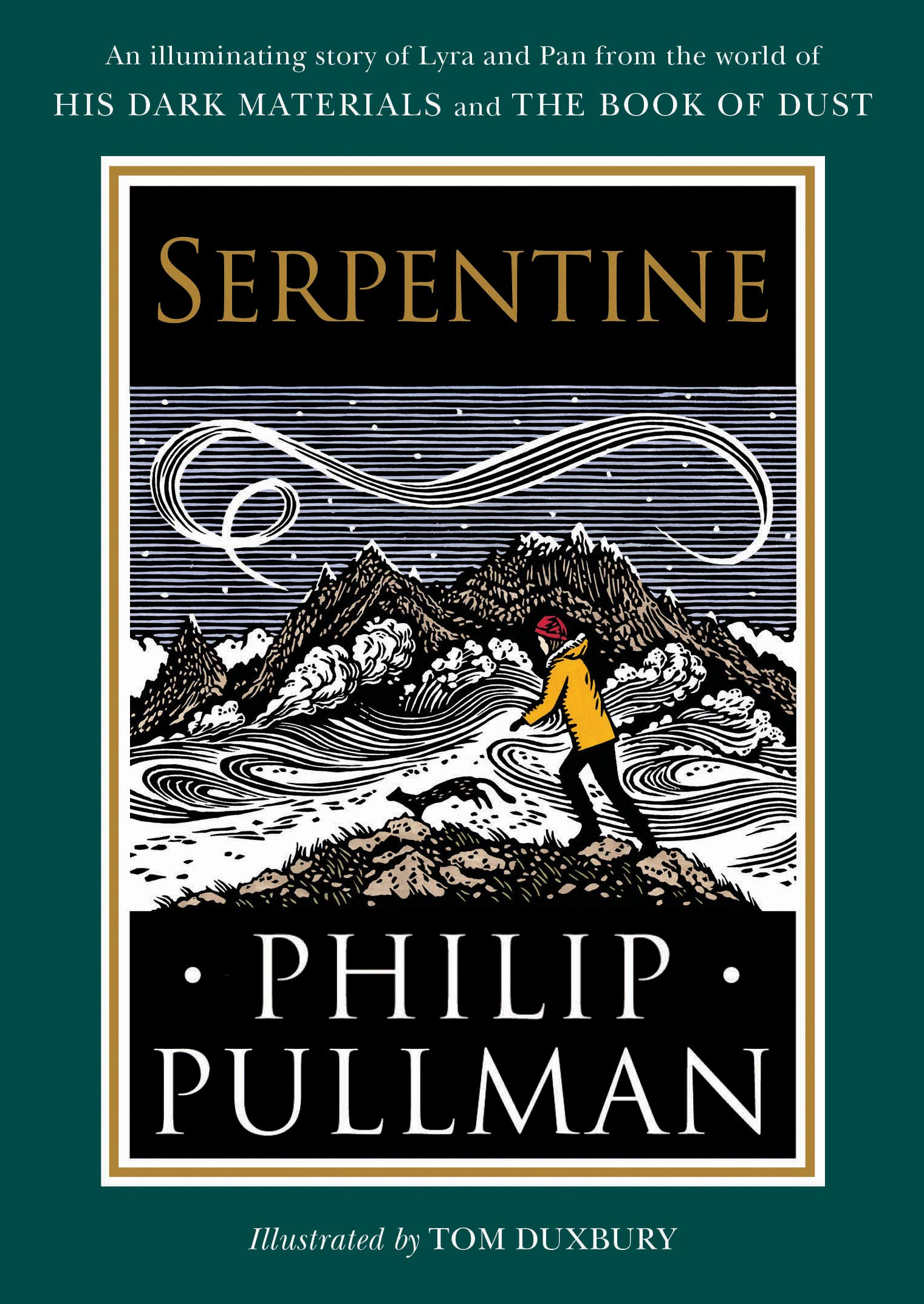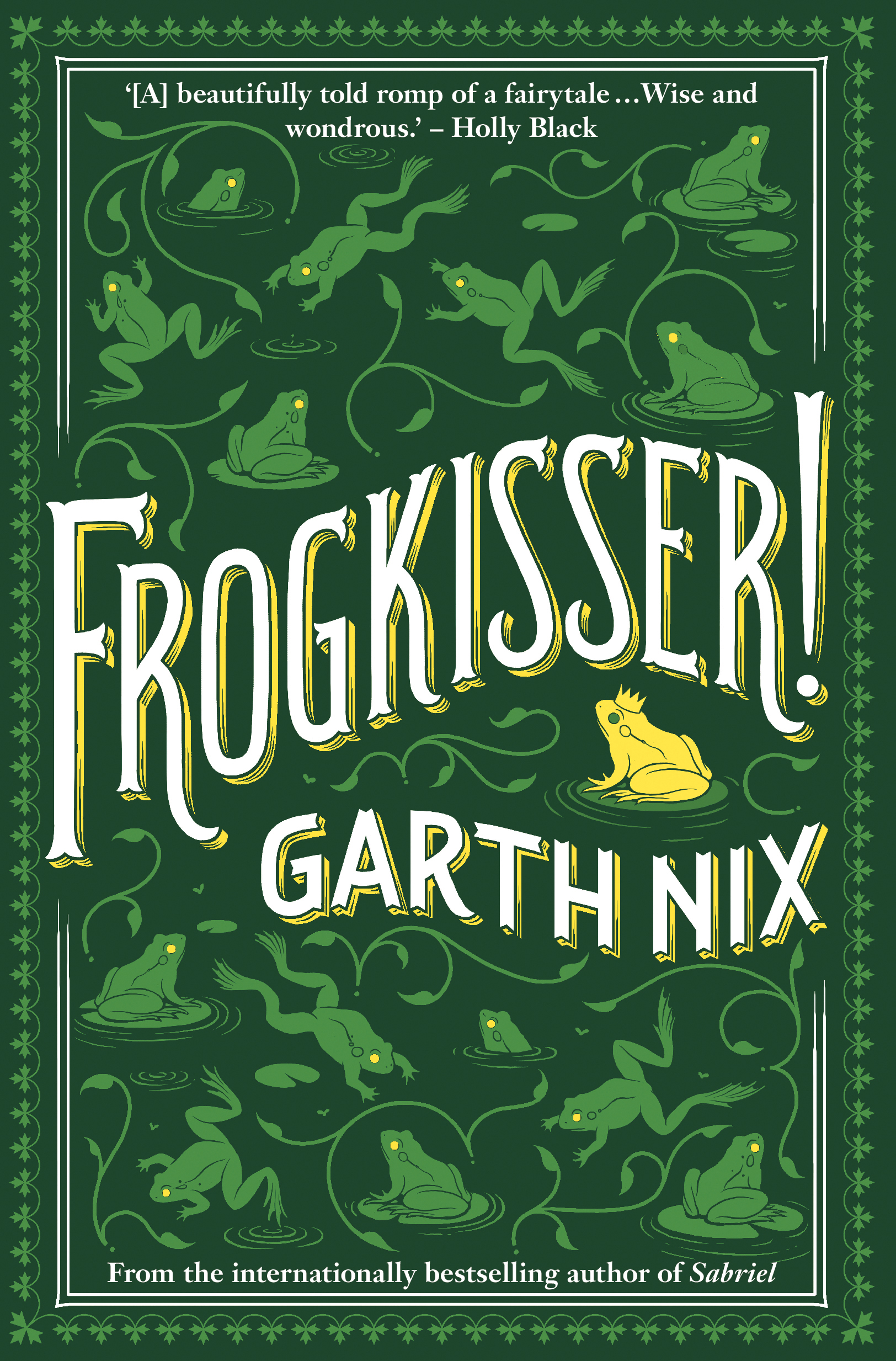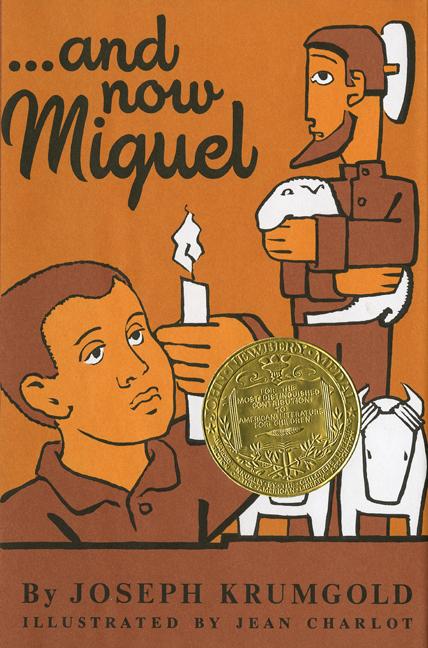 In Serpentine, a new short story by Philip Pullman, a teenage Lyra returns to Trollesund to visit Dr. Lanselius, hoping he can answer her lingering doubts about her separation from Pan during her trip to the world of the dead with Will years ago. Since that time, Pan and Lyra have had the special ability to separate from each other, something only witches can do. But this skill is not without cost: For the first time in her life, Lyra has secrets from Pan, and she’s unsure if their relationship will ever be the same.
In Serpentine, a new short story by Philip Pullman, a teenage Lyra returns to Trollesund to visit Dr. Lanselius, hoping he can answer her lingering doubts about her separation from Pan during her trip to the world of the dead with Will years ago. Since that time, Pan and Lyra have had the special ability to separate from each other, something only witches can do. But this skill is not without cost: For the first time in her life, Lyra has secrets from Pan, and she’s unsure if their relationship will ever be the same.
Serpentine may be coming out in 2020, but it was originally written over fifteen years ago, in 2004, as part of a charity auction. It makes sense that Pullman is releasing the story now since Lyra and Pan’s relationship is a central feature of his new Book of Dust trilogy. In fact, I would say that this story will be best appreciated by those who have already read The Secret Commonwealth, the second book in that series.
One of the things I found most strange (and painful, as someone who loved The Golden Compass dearly as a child) about The Secret Commonwealth was the rift that had formed between Lyra and Pan, something I hadn’t realized was possible in Pullman’s universe. Serpentine does a lot to bridge the gap, and it’s a little easier to see how their relationship got to where it is at the beginning of that novel. Not a lot “happens,” in this story, which mostly comprises two conversations: Lyra’s with Dr. Lanselius, and between Lyra and Pan after they leave the witch consul’s house. It’s not an unhappy tale, however; at this point, Lyra and Pan are still able to communicate with each other.
To be clear, this is only a short story and can probably be read in 30 minutes or less, so don’t count on losing yourself in Pullman’s world for an extended period of time. If you are a die-hard fan of His Dark Materials, Serpentine is an intriguing pick-me-up to keep you occupied while we await the third and final book in The Book of Dust. It definitely prompts reflection about the relationship between people and their daemons and what it means when they – when we – are at war with ourselves. But if exciting exploits and adventures are more your speed, you can probably wait on this one.
A copy of this book was provided by the publisher for review.




